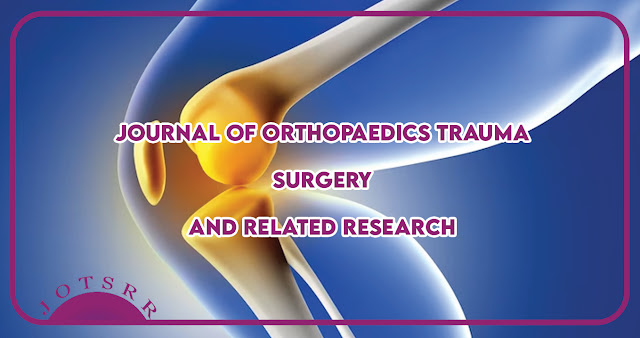Understanding Traumatology: Healing and Recovery from Traumatic Experiences
Introduction
Traumatology is the branch of medicine and psychology that focuses on the study, diagnosis, and treatment of trauma and its impact on individuals. Traumatic experiences can have a profound and lasting effect on a person's mental, emotional, and physical well-being. In this blog, we will delve into the field of traumatology, exploring the nature of trauma, its effects, and the approaches used in its treatment and recovery.
Defining Trauma
Trauma refers to an emotional or psychological response to an overwhelmingly distressing event or series of events. These events can be diverse, ranging from natural disasters and accidents to physical or sexual abuse, combat experiences, or the sudden loss of a loved one. Trauma can have long-lasting effects, disrupting a person's sense of safety, trust, and overall functioning.
Understanding the Effects of Trauma
The effects of trauma can manifest in various ways and differ from person to person. Some common psychological and emotional symptoms include flashbacks, nightmares, anxiety, depression, hypervigilance, and emotional numbing. Physically, trauma can lead to sleep disturbances, chronic pain, headaches, and gastrointestinal problems. Furthermore, individuals who have experienced trauma often struggle with interpersonal relationships, self-esteem, and trust in others.
The Role of Traumatologists
Traumatologists, including trauma therapists, psychologists, and psychiatrists, play a crucial role in helping individuals recover from trauma. They employ evidence-based techniques and approaches to assess, diagnose, and treat trauma-related disorders. These professionals work closely with their patients to create a safe and supportive environment for healing and recovery.
Treatment Approaches
- Trauma-Informed Therapy: This therapeutic approach acknowledges the impact of trauma and promotes safety, trust, and collaboration between the therapist and the individual. Trauma-informed therapists utilize techniques such as cognitive-behavioral therapy (CBT), eye movement desensitization and reprocessing (EMDR), and dialectical behavior therapy (DBT) to address trauma-related symptoms and promote healing.
- Medication: In some cases, medication may be prescribed to help manage symptoms associated with trauma, such as anxiety, depression, or sleep disturbances. Antidepressants, anti-anxiety medications, and mood stabilizers are commonly used in conjunction with therapy to support recovery.
- Support Groups: Group therapy or support groups provide a safe space for individuals to share their experiences, gain support, and learn coping strategies from others who have gone through similar traumas. Support groups can be particularly beneficial in reducing feelings of isolation and fostering a sense of community.
Promoting Resilience and Recovery
While the effects of trauma can be devastating, it is important to remember that recovery is possible. Building resilience and facilitating recovery involves several key aspects:
- Self-Care: Engaging in self-care practices such as exercise, mindfulness, relaxation techniques, and maintaining a healthy lifestyle can contribute to overall well-being and aid in trauma recovery.
- Social Support: Establishing and nurturing a strong support network of friends, family, and professionals can provide validation, empathy, and understanding during the recovery process.
- Gradual Exposure: Gradually facing and processing traumatic memories in a controlled and safe manner, under the guidance of a professional, can help reduce the power of the trauma and promote healing.
- Resilience-Building Strategies: Developing coping skills, practicing stress management techniques, and cultivating positive thinking patterns can enhance resilience and aid in the recovery process.
Conclusion
Traumatology is a vital field dedicated to understanding and addressing the impact of trauma on individuals' lives. By acknowledging the effects of trauma, seeking professional help, and implementing various treatment approaches, individuals can embark on a path of healing and recovery. Remember, the journey may be challenging, but with support, resilience, and effective interventions, individuals can regain their strength, reclaim their lives, and move forward toward a brighter future.
Journal of Orthopaedics Trauma Surgery and Related Research
It serves as an authoritative source of knowledge, providing a platform for orthopedic surgeons, researchers, and healthcare professionals to share their findings, innovations, and best practices. The journals publish original research articles, case studies, clinical trials, and review papers, covering a wide range of orthopedic topics.
Explore Journal: https://www.jotsrr.org/
We invite submissions from researchers, orthopedic surgeons, clinicians, and allied healthcare professionals who are at the forefront of innovation in orthopedic medicine. This is an opportunity to share your expertise, contribute to the body of knowledge, and inspire others in the field to push the boundaries of orthopedic practice.
Submission portal: https://www.jotsrr.org/submitmanuscript.html
Email your query to: orthotrauma@esciencejournals.org




Comments
Post a Comment